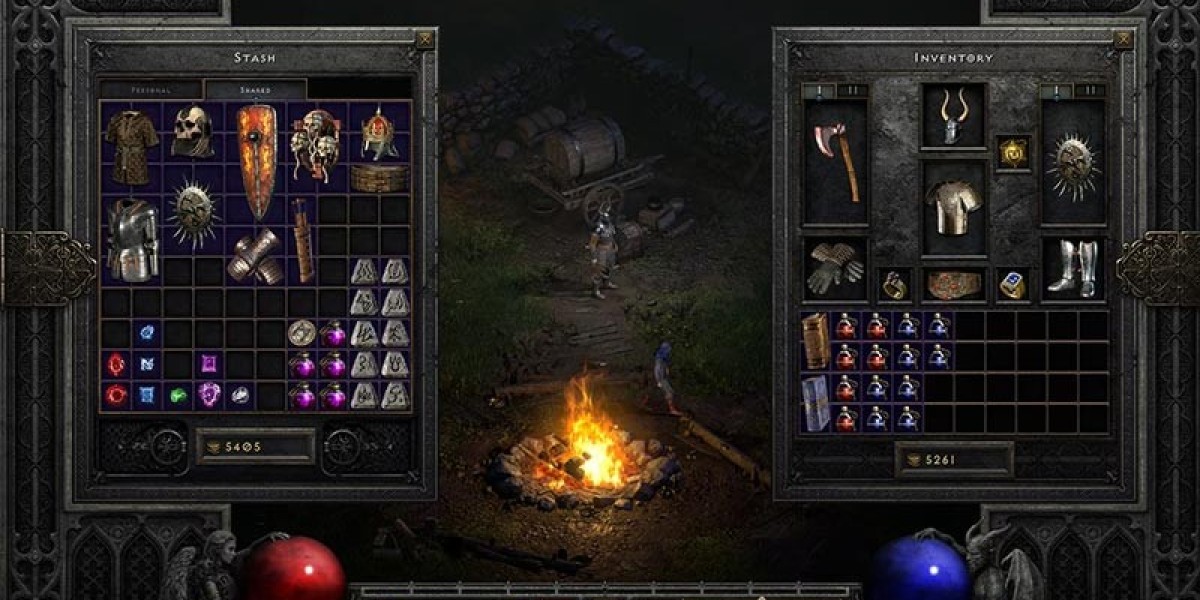Introduction
The justice system is a cornerstone of civilised society, balancing the scales of right and wrong while upholding fairness and accountability. Within this intricate framework, the defence counsel plays a pivotal role. Their work extends far beyond mere representation, encompassing the safeguarding of fundamental rights, ensuring due process, and preserving the integrity of justice.
The Indispensable Role of the Defence Counsel in the Justice System
How Defence Counsel Shape Justice and Safeguard Rights
Defence counsel are integral to the judicial process. They challenge evidence, question authority, and scrutinise the actions of law enforcement to ensure accountability. Without them, the system would lack the balance required for fairness, often leading to unchecked abuses of power.
Their role is not merely to advocate for the accused but to ensure that every individual—regardless of the charges they face—receives a fair trial. By doing so, they uphold democratic principles and prevent miscarriages of justice.
Understanding the Role of Defence Counsel
What is a Defence Counsel?
A defence counsel is a legal professional tasked with representing individuals accused of crimes. Their role encompasses providing legal advice, formulating defence strategies, and advocating for their client’s rights in court.
Far from being one-dimensional, defence counsel act as investigators, negotiators, and litigators, ensuring their clients are treated fairly within the bounds of the law.
The Defence Counsel’s Duty to Their Client and the Court
Defence counsel owe a duty of loyalty to their client, ensuring their rights are protected and their case is presented in the strongest possible light. Simultaneously, they bear a responsibility to the court to act with integrity, adhering to ethical standards while upholding the law.
Advocacy and Representation
Acting as the Client’s Voice in Court
In the courtroom, the defence counsel becomes the voice of the accused, articulating their narrative and challenging the prosecution’s claims. This representation ensures that every aspect of the case is examined critically, leaving no room for bias or oversight.
Building a Defence Strategy to Counter Prosecution
Defence counsel meticulously analyse the evidence, witness testimonies, and procedural history to craft a strategy tailored to their client’s situation. This may involve questioning the credibility of witnesses, highlighting inconsistencies in evidence, or presenting alternative explanations.
Protecting the Presumption of Innocence
Upholding the "Innocent Until Proven Guilty" Principle
The presumption of innocence is a bedrock principle of justice. Defence counsel ensure that this tenet is respected, preventing individuals from being treated as criminals without proof.
Ensuring Fair Treatment Under the Law
Fair treatment goes beyond the courtroom. Defence counsel advocate for appropriate bail conditions, challenge excessive punishments, and ensure their clients are not subjected to prejudicial treatment.
Safeguarding the Rights of the Accused
Right to Legal Representation and Its Significance
Access to skilled legal representation is a fundamental right. Defence counsel embody this principle, ensuring that even the most marginalised individuals have a voice in the justice system.
Ensuring Due Process is Followed
Due process guarantees that legal proceedings are conducted fairly and lawfully. Defence counsel play a critical role in identifying and challenging violations of procedural rights.
Investigative Responsibilities
Examining Evidence and Identifying Inconsistencies
Thorough examination of evidence is central to building a defence. Defence counsel scrutinise police reports, forensic findings, and witness accounts to uncover inaccuracies or contradictions.
Collaborating with Expert Witnesses and Investigators
In complex cases, defence counsel often work alongside expert witnesses and private investigators to strengthen their case. This collaboration adds credibility and depth to the defence.
Preparing for Trial
Crafting Compelling Opening and Closing Arguments
Opening and closing arguments are the bookends of a trial. Defence counsel use these moments to frame the case narrative and leave a lasting impression on the jury.
Developing Cross-Examination Strategies to Challenge Witnesses
Cross-examination is an art form. By strategically questioning witnesses, defence counsel can expose biases, highlight inconsistencies, and dismantle the prosecution’s case.
Negotiating Plea Bargains
Assessing the Viability of Plea Agreements
Not every case goes to trial. Defence counsel assess plea bargains to determine whether they align with their client’s best interests, considering factors such as reduced sentences and guaranteed outcomes.
Ensuring the Client Understands the Implications
Clear communication is vital. Defence counsel explain the legal and personal ramifications of plea agreements, empowering clients to make informed decisions.
Defending Against Unlawful Practices
Challenging Unlawful Arrests and Procedural Breaches
Defence counsel scrutinise the actions of law enforcement, challenging arrests or evidence obtained unlawfully to ensure that justice is not tainted by misconduct.
Addressing Coerced Confessions and Inadmissible Evidence
Confessions obtained under duress or through improper means can undermine a case. Defence counsel work to exclude such evidence, preserving the integrity of the trial.
Ethical Obligations of Defence Counsel
Maintaining Confidentiality and Professional Integrity
Confidentiality is a cornerstone of the lawyer-client relationship. Defence counsel protect sensitive information while maintaining ethical standards in all interactions.
Balancing Zealous Representation with Ethical Boundaries
While defence counsel advocate passionately for their clients, they must navigate ethical boundaries, ensuring that their actions do not compromise the justice system.
The Role of Defence Counsel in Shaping Legal Precedent
How Defence Lawyers Influence the Evolution of Legal Interpretation
Through landmark cases, defence counsel have shaped legal precedents that define how laws are interpreted and applied.
Examples of Landmark Cases Shaped by Defence Counsel Efforts
From high-profile acquittals to cases that redefine rights, defence counsel have played pivotal roles in shaping Australian legal history.
Supporting the Client Beyond Legal Advocacy
Providing Emotional Support During Challenging Legal Battles
Legal battles are stressful. Defence counsel provide reassurance and guidance, helping clients navigate the emotional toll of criminal proceedings.
Educating Clients on Their Rights and Responsibilities
By educating clients, defence counsel empower them to make informed decisions and engage proactively in their defence.
Addressing Misconceptions About Defence Counsel
Dispelling Myths About Defending the Guilty
Defence counsel often face criticism for representing the guilty. However, their role is to ensure a fair trial and uphold justice, regardless of guilt.
Highlighting the Broader Role in Ensuring Justice for All
Defence counsel’s work transcends individual cases, reinforcing the principles of equality and fairness that underpin the legal system.
Conclusion
The Enduring Impact of Defence Counsel on Justice and Human Rights
Defence counsel are more than just criminal lawyers; they are stewards of justice, ensuring that every individual’s rights are protected.
Encouraging Appreciation for Their Essential Role in the Legal System
Their work underscores the importance of fairness, accountability, and humanity in the pursuit of justice, deserving recognition and respect.







